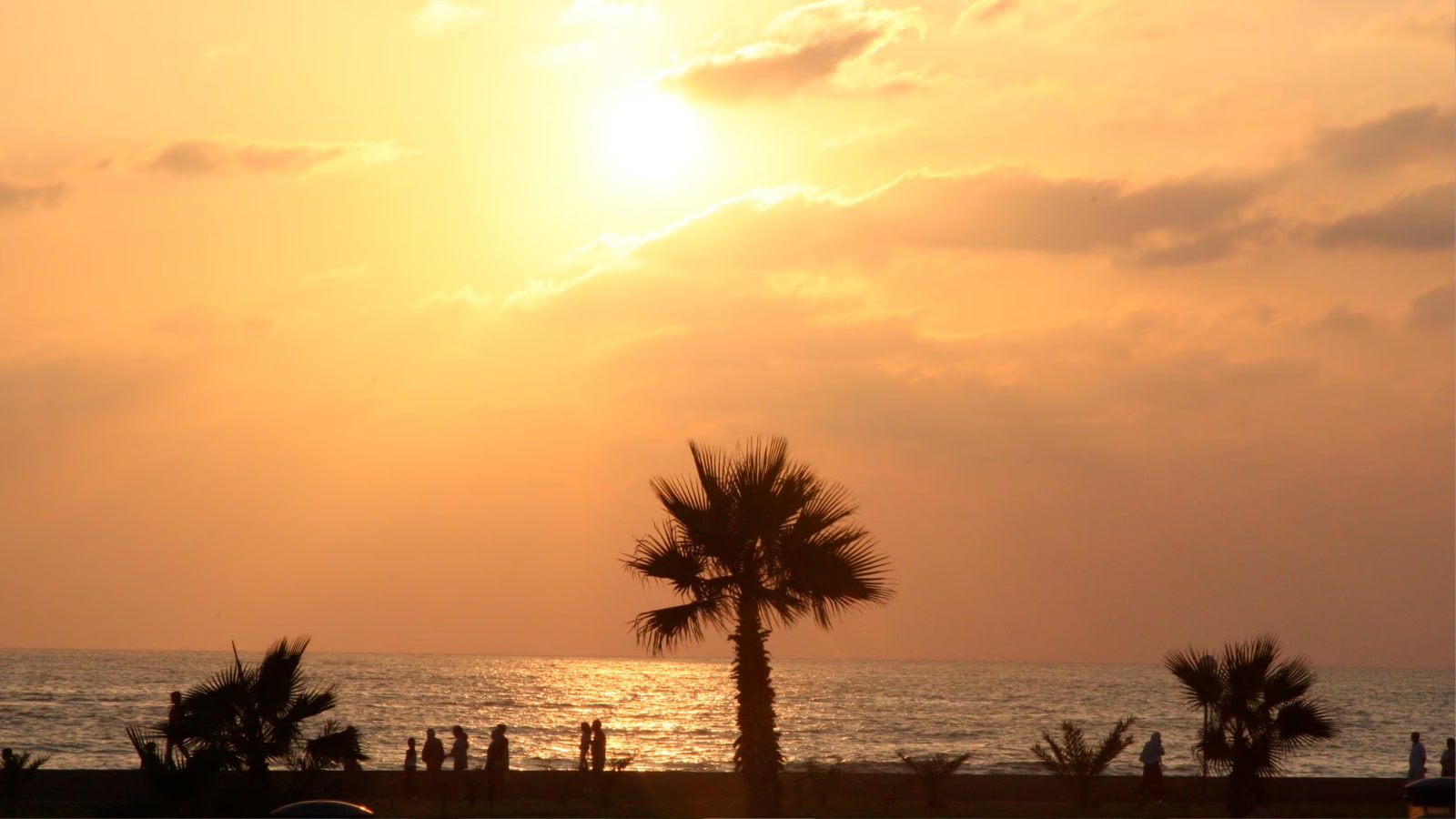No Bikinis, Please: This Country Says Modesty Is The New Dress Code At Beaches

The Syrian government has recently enacted a new public dress code that mandates women to don burkinis or full-body swimwear at public beaches and swimming pools. This directive originates from the Tourism Ministry, which has justified the new regulations by citing "the requirements of public interest" and emphasizing the need for attire that "respects public taste and the sensibilities of various segments of society." This move comes as part of a broader initiative to promote modesty and cultural sensitivity in public spaces.
Under the new rules, women are now required to wear swimwear that covers more of their bodies, particularly emphasizing the use of burkinis. The government's statement highlights that, when transitioning between the beach and other locations, women must wear a cover-up or a loose-fitting robe over their swimsuits. This additional layer of clothing is seen as an important aspect of maintaining public decorum.
Moreover, the regulations extend to men as well, who are now prohibited from going shirtless in public areas outside of designated swimming zones, hotel lobbies, and dining spaces. This aspect of the dress code underscores the government's commitment to uphold a certain standard of modesty for all visitors and residents alike.
Interestingly, the government has made some allowances for Western-style swimwear, including bikinis. Such attire will still be permitted at private beaches and swimming pools, as well as within internationally rated hotels of four stars and above. This exception seems to cater to tourists and expatriates, offering them a semblance of freedom while still adhering to the overarching cultural directives.
Enforcement of the new dress code will fall under the jurisdiction of lifeguards and beach supervisors. However, the Tourism Ministry has not provided clarity on the penalties that may be imposed for those who fail to comply with these regulations. This lack of specific enforcement details has raised questions about the practical implications of the dress code and how strictly it will be followed.
Observers note that these new regulations reflect the growing influence of Hayat Tahrir al-Sham (HTS), an Islamist-led group that currently governs Syria's transitional administration. HTS, which was previously known as Al-Nusra Front, is recognized as a terrorist organization by the United States and several other Western nations. The leadership of HTS, under interim president Ahmad al-Sharaa, has committed to guiding the country within an “Islamic framework” during a planned five-year transitional period. In a significant move earlier this year, al-Sharaa signed an interim constitution that sets the stage for national elections anticipated to occur later in the decade.
The implementation of such dress codes raises important discussions about cultural identity, individual freedoms, and the role of government in regulating personal attire. As Syria navigates its complex political landscape, the impact of these regulations will likely be a topic of heated debate.


























